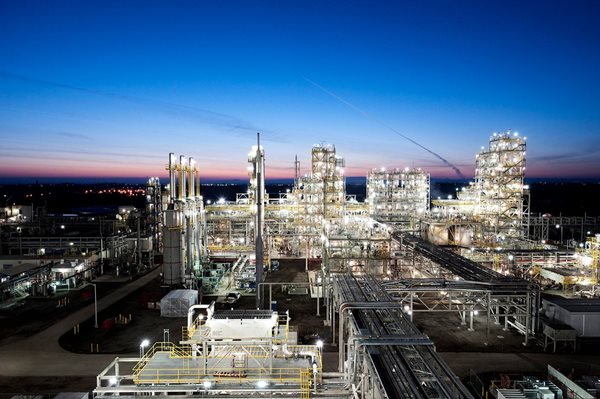REC Silicon posted revenue of $43.7 million for the third quarter of this year, a 25.8% drop on the $58.9 million recorded in the previous three months. The company’s EBITDA loss narrowed to $6.1 million – from $9.6 million in Q2 – thanks to cost reduction efforts including the lay off of around 100 employees at its production facility in Washington State, USA.
Much of the difficulty faced by REC Silicon comes from its solar materials segment, which saw $6.2 million in revenue in the latest reporting period, for an EBITDA loss of $9.9 million. The company said its revenue decrease is primarily the result of lower sales volumes, and lower prices for solar-grade polysilicon, in the wake of the Chinese government's announcement in May to pull back on public solar subsidies.
Sales volume for solar-grade polysilicon fell to 658 MT, a 62.2% fall compared to the previous quarter’s 1,742 MT. REC added, it saw sales prices fall by around 20.5% compared with the previous reporting period.
The company’s U.S. production facility in Moses Lake, Washington, continued to operate at 25% capacity, producing around 1,615 MT in the third quarter, in line with previous guidance. That means REC added another 503 MT to its inventory.
Fears surround Washington facility
The facility achieved a cash cost of $15.1/kg in the latest quarterly figures, lower than the previous forecast of $15.8/kg, but still well above global average poly prices. REC said it was able to reduce the production cost per kilogram through cost cutting measures, but the low production capacity utilization meant an increased unit cost – with REC adding it was able to achieve a cost of $11/kg earlier in the year.
However the demand slump means the company is cornered, and expects the utilization rate at the plant to remain around 25% “until the trade between China and the United States is resolved or market conditions improve”.
REC said its position is sufficient to meet operating cashflow requirements for twelve months. However, a group of Congressmen from the states of Washington and Montana wrote to President Trump in late September, warning the Moses Lake plant would be forced to close unless there are successful negotiations to restore access to Chinese polysilicon markets.
The manufacturer was more positive about its joint venture for polysilicon production in China, in which it holds a 15.06% stake with the option of raising to 49% at a later stage. The company reports the plant in Yulin, in China’s Guangxi Province, produced around 3,000 MT of polysilicon in Q3, and is set to reach full utilization in early 2019.
This content is protected by copyright and may not be reused. If you want to cooperate with us and would like to reuse some of our content, please contact: editors@pv-magazine.com.




By submitting this form you agree to pv magazine using your data for the purposes of publishing your comment.
Your personal data will only be disclosed or otherwise transmitted to third parties for the purposes of spam filtering or if this is necessary for technical maintenance of the website. Any other transfer to third parties will not take place unless this is justified on the basis of applicable data protection regulations or if pv magazine is legally obliged to do so.
You may revoke this consent at any time with effect for the future, in which case your personal data will be deleted immediately. Otherwise, your data will be deleted if pv magazine has processed your request or the purpose of data storage is fulfilled.
Further information on data privacy can be found in our Data Protection Policy.